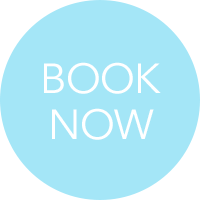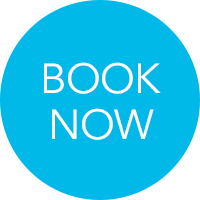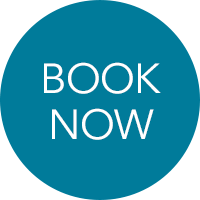NEURODIVERSE COUPLES COACHING
You probably found this page for one of two reasons:
-
You are experiencing difficulties in your relationship and you are wondering if your partner or spouse is autistic, and/or an ADHD'er, or
-
You or your partner/spouse identifies as neurodivergent (eg: identify as, or have been diagnosed as autistic, an ADHD'er) and you are looking for a psychologist or coach who is skilled in working with neurodiverse couples.
Congratulations on caring enough about yourself and your relationship to search online and seek support! We offer coaching for neurodiverse couples, where one partner identifies as autistic. Coaching can be undertaken with the couple, or one partner individually, with a focus on improving the relationship.
We hope this page provides helpful information about neurodiverse relationships and offers some next steps for you and your partner / spouse.
What are the common concerns in neurodiverse relationships?
-
Lack of emotional connectedness or sexual intimacy
-
Communication struggles and difficulty discussing problems
-
Caring deeply for one another but frequently feeling misunderstood
-
Feelings of loneliness in the neurotypical / allistic partner
-
Differences in parenting approaches or priorities
-
Preference for routines or behaviours, including special interests
-
Challenges managing the demands / chores involved in running a household
-
Sensory processing differerences
You’re probably thinking that several of the above concerns are present in many marriages/relationships, not just neurodiverse ones. Whilst it is true that all relationships have issues, the “flavour” of the problems in a neurodiverse relationship is somewhat unique, due to differences in neurotypes. The different perspectives and needs of each partner can result in atypical habits or routines forming within the partnership. Feelings of loneliness and isolation can increase for both partners.
Once partners are able to view their unique difficulties and differences through the lens of neurodiversity they are often able to demonstrate greater compassion and a willingness to develop helpful strategies for improving their relationship.
Is my partner/spouse autistic or an ADHD'er (or both)?
A formal diagnosis in adults can only be provided by a Psychologist and/or Psychiatrist who has experience working with neurodivergent people. However, many adults self-diagnose or identify as autistic.
If you are an adult who is interested in a formal diagnostic assessment, further information about our autism assessment process for adults is available here.
We / I have tried counselling before and it didn’t help!
Due to differences in perspectives, communication styles and preferences, there can be unique challenges within a neurodiverse relationship. Unfortunately, partners in such relationships have often sought support from several therapists over the years, with limited success. Standard couples therapy approaches can be quite unhelpful for neurodiverse couples and it is common for couples to feel frustrated by their lack of progress in couples therapy.
If you know or suspect that you are in a neurodiverse relationship, it is important to work with a psychologist or couples’ therapist who is able to adapt their approach in order to help you meet your goals.
Can couples’ coaching really help?
Yes! Whilst we cannot change our neurotype (and probably wouldn't want to!), we can improve our understanding of its impact and learn how to work around some of the challenges it poses in relationships. The emphasis in neurodiverse couples coaching is often on goal setting and skills teaching, based on the strengths and limitations present with your relationship.
How is Neurodiverse Couples Coaching Different?
In coaching with couples, we aim to help partners understand the unique difficulties within their relationship, inform them how an autism profile is contributing to these difficulties and to build skills for improving the relationship. This includes recognising each partner’s strengths, as well as things related to their neurotype that are not likely to change.
Whilst sessions can include addressing past hurts that may need to be acknowledged and understood in order for the relationship to feel secure, safe and satisfying for both partners moving forward, coaching is generally present and future focussed. The aim is supporting you to gain a better understanding of the impact of neutotype on your relationship and developing the skills needed for your relationship to thrive.
What does Neurodiverse Couples Coaching involve?
The coaching process generally involves:
-
An initial session with the couple, to discuss their perspectives on the relationship, including its strengths and challenges.
-
An individual session with each partner to discuss in more detail their own history, their experience of the current relationship and their hopes for improving the relationship.
-
Regular sessions held every 1-2 weeks which focus on providing education about the impact of each partner’s neurology on the relationship and developing skills and strategies to help each partner improve the relationship (eg: communication, problem solving, self-care strategies).
If you’re wondering whether coaching sessions could help your relationship, feel free to get in touch to arrange an initial appointment for you and your partner, or just for you if your partner does not wish to attend.
If you'd like to know more, please contact our office on 9456 0411. If you prefer, you can fill in our New Client Enquiry Form.



